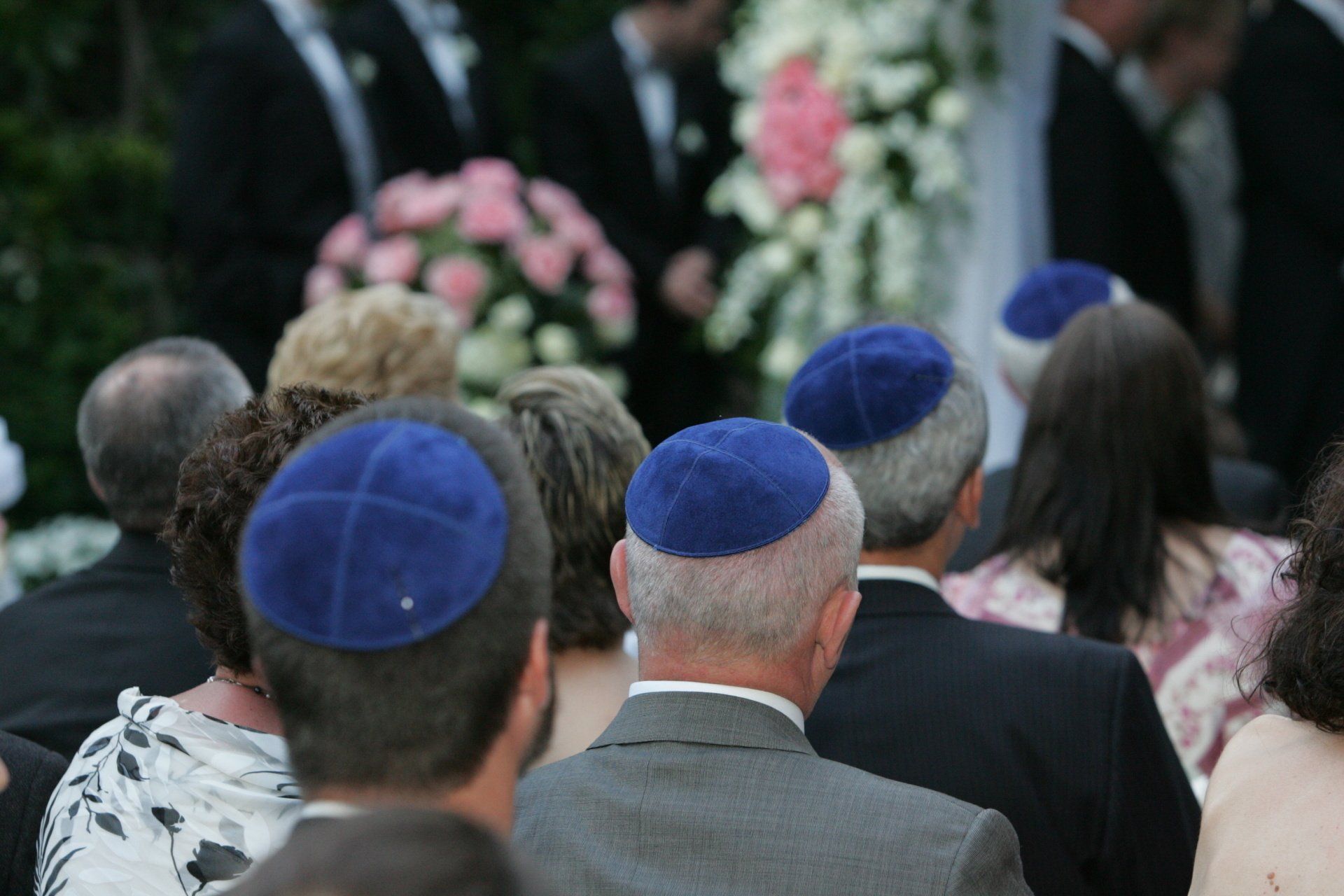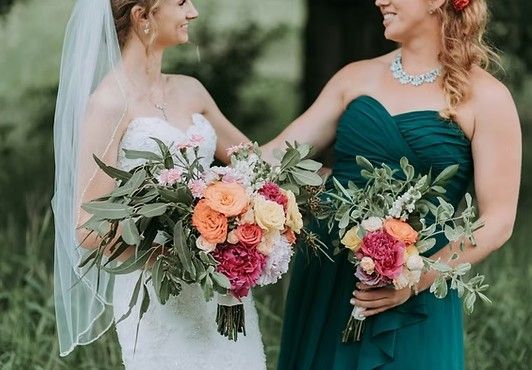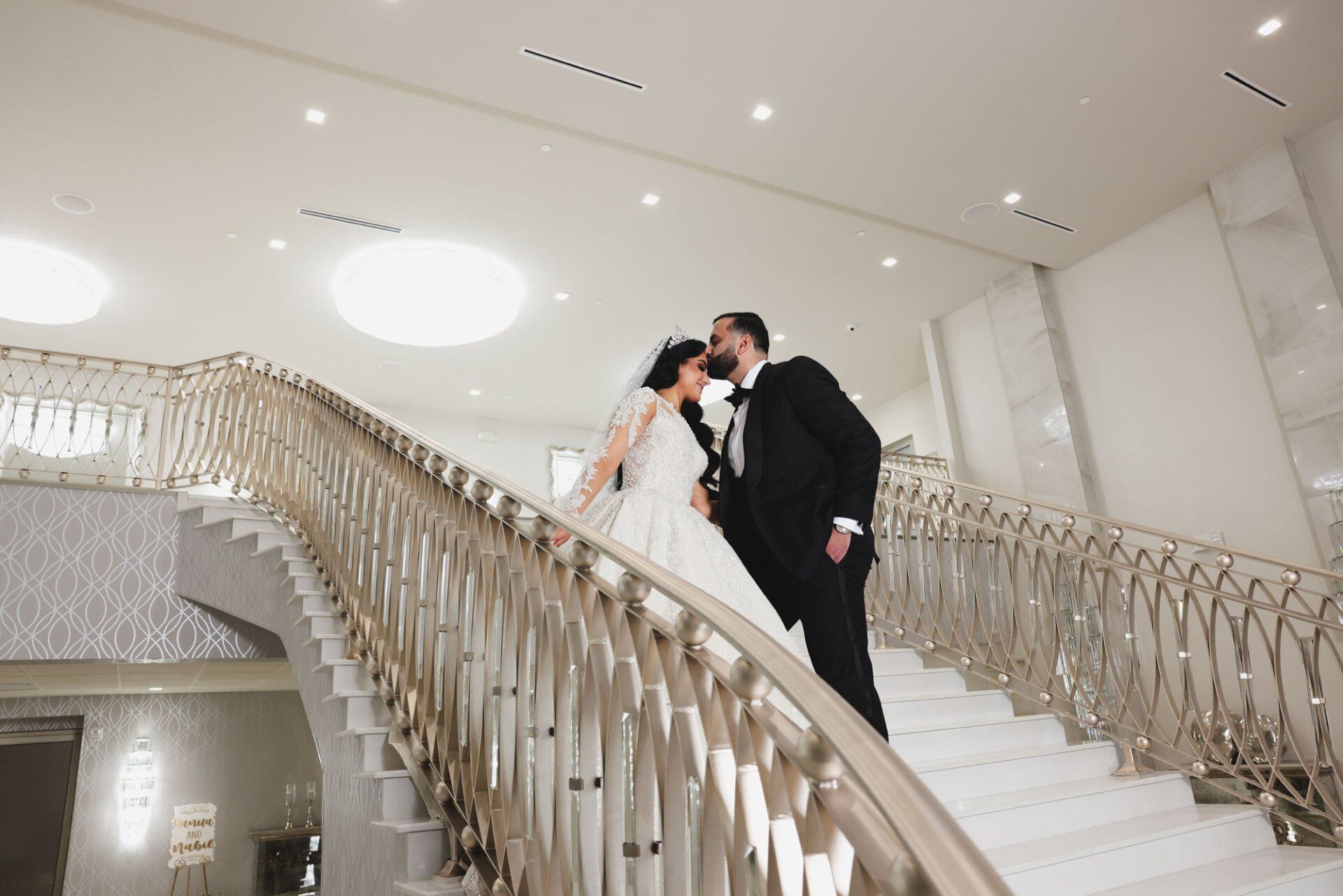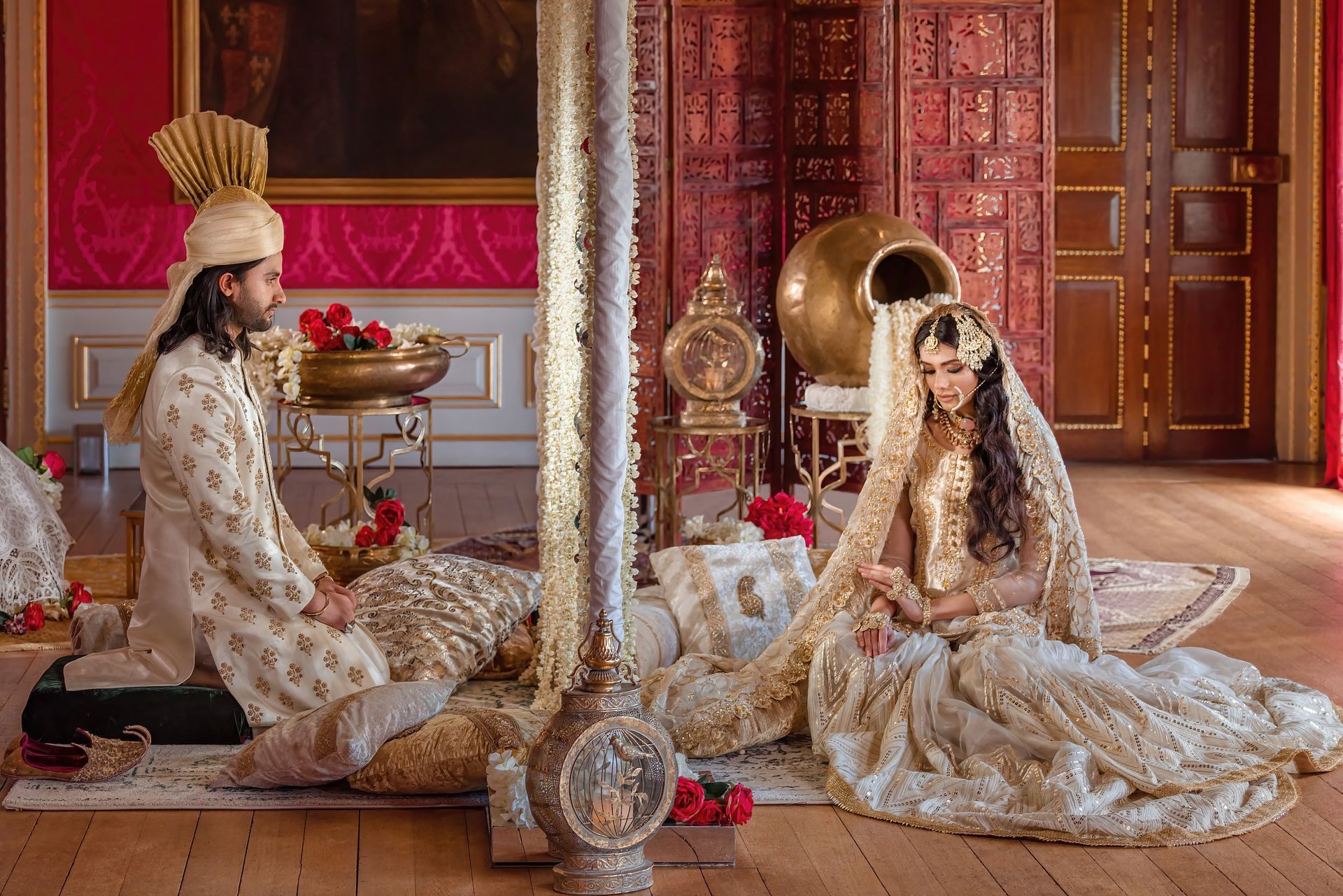NOW RESERVING 2025 & 2026 DATES!
CALL FOR MORE INFORMATION | (703) 218-4444

Jewish marriage represents much more than just a legal partnership between two individuals. According to Judaism, marriage is a sacred union ordained by a rabbi and sanctified by God. Marriage is supposed to be a merging of two souls into one, which is why unmarried men and women are considered incomplete until they have found their life partner.
Since marriage is considered such an extraordinary union in many Jewish circles, it’s no surprise there’s an enormous amount of preparation and planning that goes into a traditional Jewish wedding.
Before the Wedding
There are many rituals and traditions held before a Jewish wedding takes place. One of the most significant pre-marital practices requires the bride to immerse herself in the mikveh, which is a Jewish ritual bath. The immersion in the mikveh symbolizes an important milestone in a Jewish person’s life and should be done before weddings, bar and bat mitzvahs and when someone converts to Judaism.
If a woman is supposed to get married, she must visit the mikveh within four days of the wedding and seven days after the last day of her period. After visiting the mikveh, a woman is considered ready to marry and consummate the union.
Another pre-marital tradition is for the groom and bride to not see each other during the week before the wedding. This custom is called Kabbalat Panim and is supposed to help the couple prepare for the ceremony. On the day of the wedding, the couple greets all wedding guests separately until they unite for Bedeken (the veiling of the bride).
While Jewish weddings are highly religious ceremonies, there is also room for legal matters. Before a couple exchanges wedding vows, they typically sign the Ketubah. The Ketubah is a marriage contract resembling a prenuptial agreement. It outlines what the couple owes each other, such as love, fidelity and devotion. It also lists financial responsibilities and other marital obligations. Since the traditional Ketubah text is highly outdated, many modern-day couples decide to craft their own contracts.
The Wedding Ceremony
Once all formalities and pre-wedding rituals have been checked off the list, it’s time for the wedding ceremony to begin.
If you’re a guest and attending a Jewish wedding for the first time, you may be surprised when you and your significant other are asked to sit separately during the ceremony. With more conservative Jewish weddings, it’s not uncommon for men and women to be separated during the ceremony and even during the reception. However, many less orthodox weddings will have more relaxed rules and allow men and women to sit, dance and eat together.
A traditional Jewish ceremony is abundant in symbolic rituals and usually consists of the following steps:
- Exchanging of vows: This happens under the chuppah, which is a canopy the couple stand under.
- Exchanging of rings: Traditionally, the groom puts a solid band on the bride’s finger as he recites his vows. The bride isn’t expected to say anything, but she can if she chooses to.
- Walking in circles: The bride circles the groom either three or seven times, which is supposed to symbolize the beginning of a new family circle.
- Reciting the Seven Blessings: These are known as Sheva B’rachot and are recited by designated guests or by the rabbi. The blessings are meant to empower the couple’s faith in God—the source of everlasting joy and love.
- The breaking of glass: the bride and groom stomp on a glass wrapped in a cloth. The shattered glass symbolizes the newlyweds’ commitment to stay together through thick and thin. Once the glass breaks, the crowd congratulates the couple by shouting Mazel Tov!
The Wedding Reception
The wedding reception, also referred to as the wedding feast, consists of typical celebratory elements, like eating dinner, drinking and dancing. The food and beverages served at a traditional Jewish wedding are kosher, which means they’re fit to consume according to the Jewish dietary laws.
Sometime during the reception, the hora is danced. This is a traditional circle dance where the newlyweds are lifted in the air with guests dancing around them. The dance symbolizes joy and celebration of the couple’s marital union.
Looking for a Breathtaking Venue in Virginia to Host Your Special Event?
If you’re looking for a venue that can live up to your wedding expectations, look no further. At CrystalView, you can realize the wedding of your dreams in one of our exquisite spaces.
We love to host a diverse array of weddings, but we also specialize in other types of events, including birthdays, bar mitzvahs, anniversaries and corporate events.
Schedule a tour of our Fairfax venue by contacting us through our website.
More Recent Posts
CrystalView offers luxurious event rental spaces for discerning clients in DMV, Northern Virginia and surrounding areas.
QUICK LINKS
CONTACT INFORMATION
Phone: (703) 218-4444
12025 Lee Jackson Memorial Hwy,
Fairfax, VA 22033
Located in Fairfax, VA at the crossroads of I-66 & Hwy 50




